Robot fabrication in a single step with a desktop 3D printer and pressurised gas.
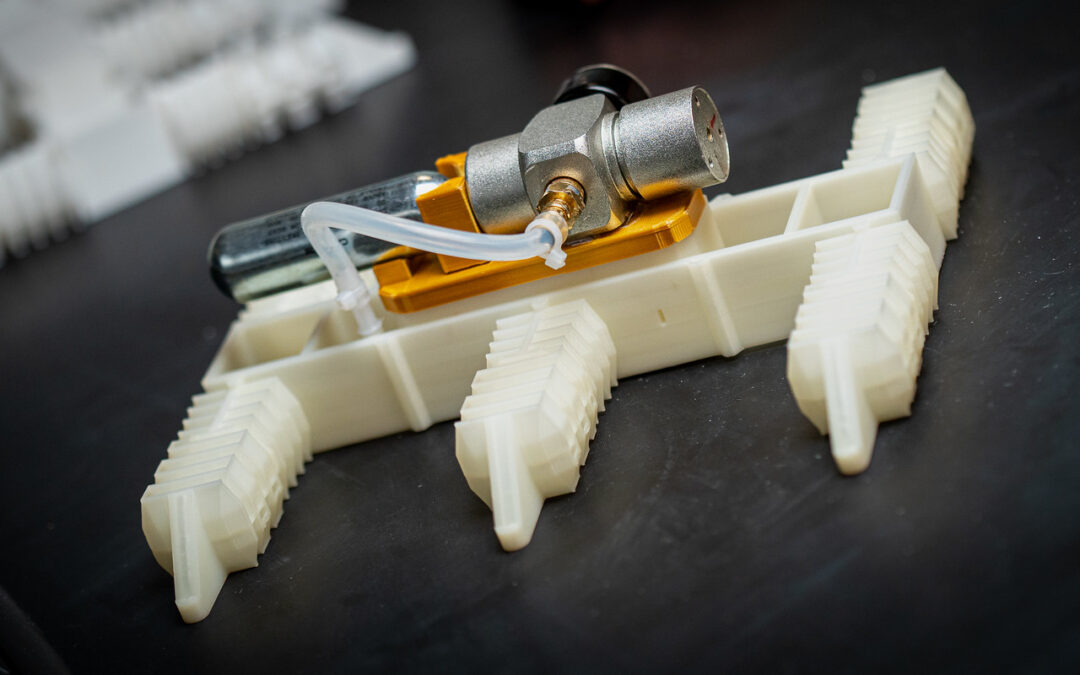

Robot fabrication in a single step with a desktop 3D printer and pressurised gas.

The sensitive e-skin robotic coating applies ultrasonics and AI while taking its inspiration from the Japanese art of Kirigami.
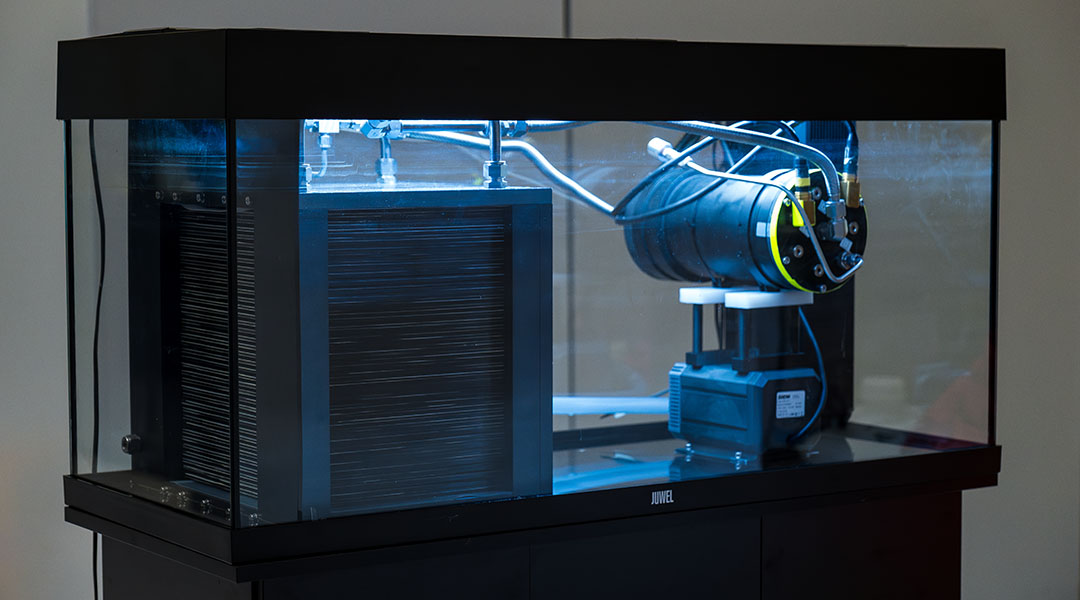
A fish-inspired fuel cell concept could provide a cost-effective alternative to batteries in underwater vehicles.
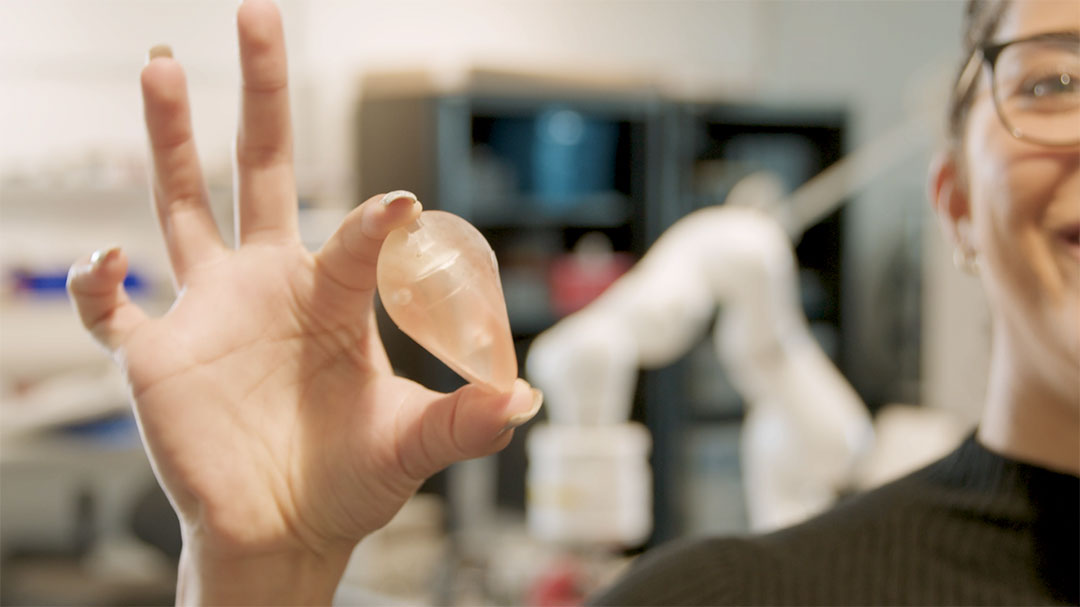
A robot with a unique shape could make it possible to perform ultrasound scans deep within the gut, helping doctors diagnose colorectal cancer.

The rapid growth of AI brings hope of unprecedented advancements in many sectors but what is its real carbon footprint?

Monarch butterflies have inspired the design of 3D-printed robotic wings that rely on magnetic fields to generate their delicate movements.
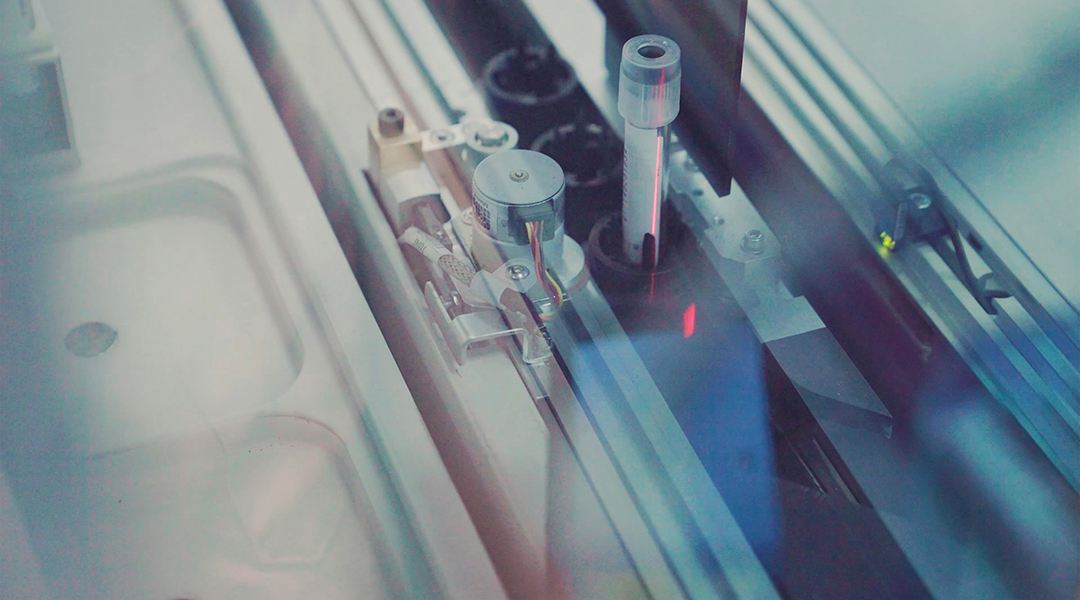
AI might be fast and efficient, but scientists still don’t know whether integrating it with cloud-based labs will be worth the rewards.
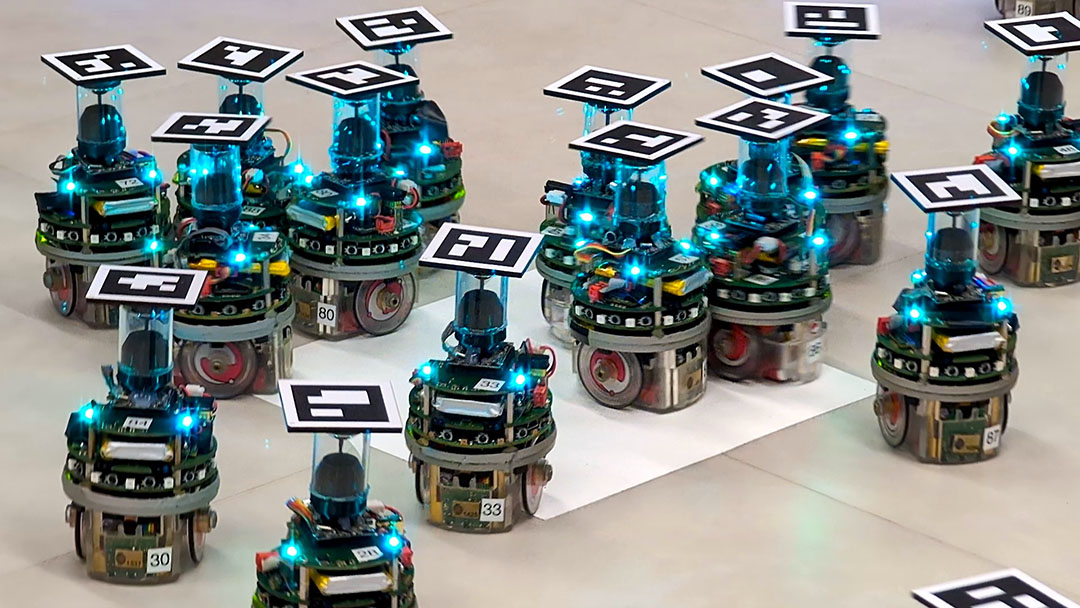
Researchers have developed an optimization program to design the behavior of small e-puck robots to allow them to work in unison.
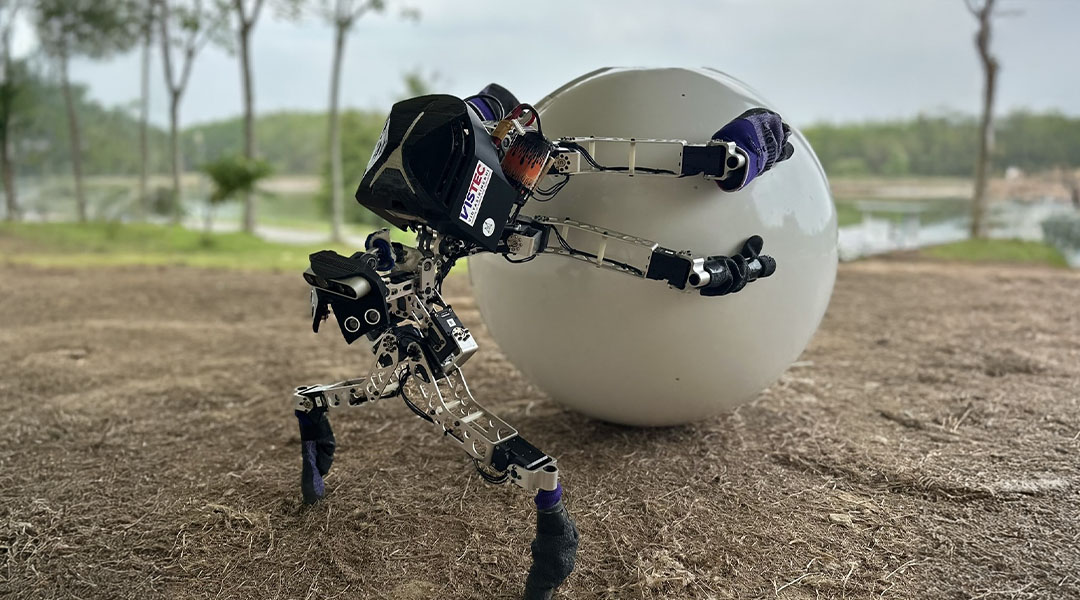
Robots modelled after dung beetles leverage nature’s ingenuity with efficient, space-saving object-rolling mechanics.

Radish sprouts power a new wave of eco-friendly robots that move, grow, and could even be eaten after their work is done.